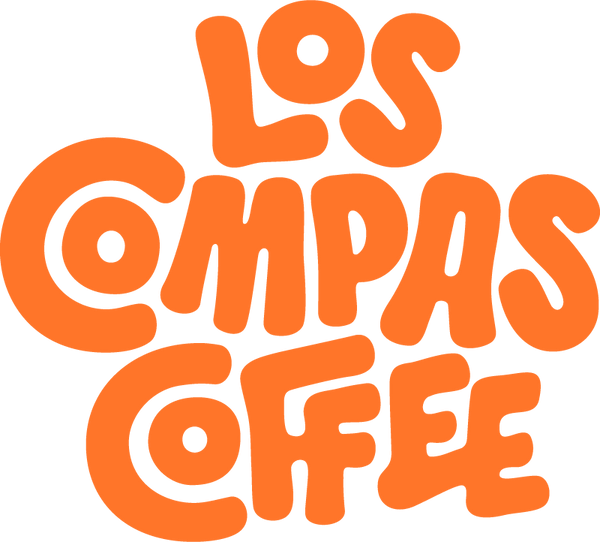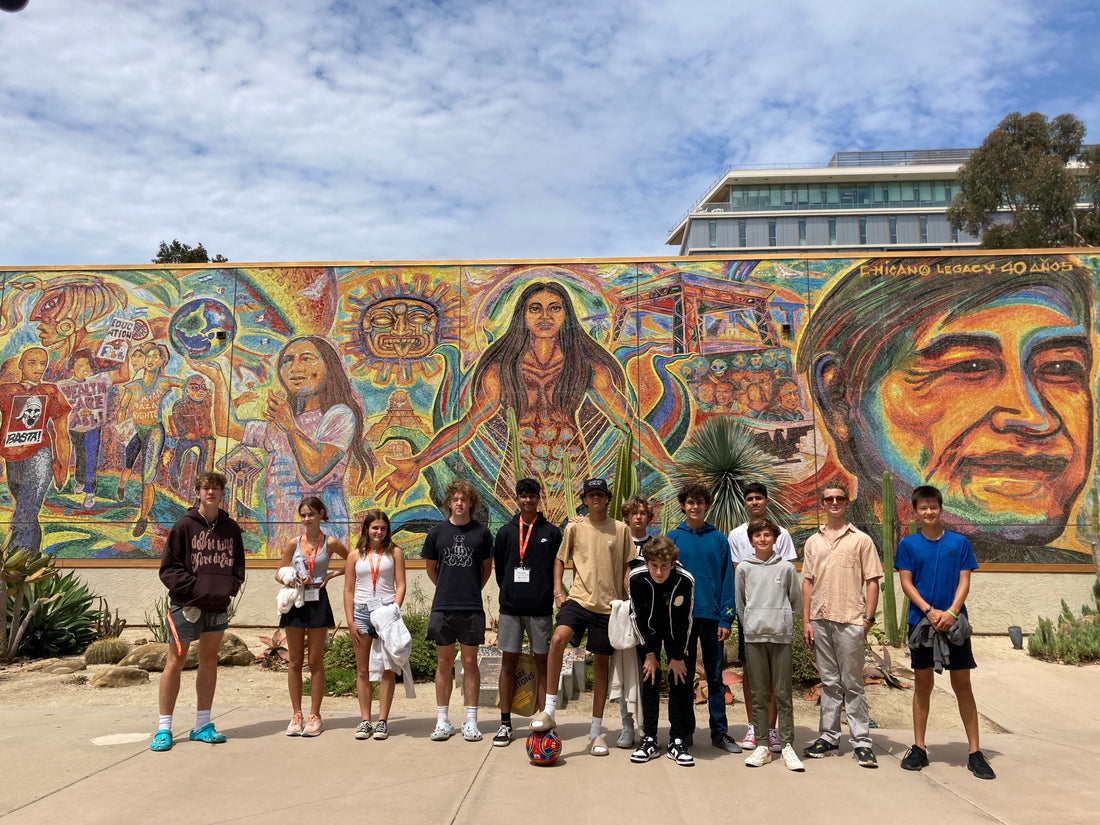As an educator, entrepreneur, child of immigrants, and the product of a family food business, I believe that owning a small business is the most empowering and sustainable pathway out of poverty and into prosperity.
This is because the American economic system places primacy on the idea of ownership - of capital, property, educational degrees, and other resources that signify wealth.
Yet our education system denies the vast majority of students the tools, navigation skills, and access to knowledge and networks to become economically self-sufficient and aggregate wealth in this way.
Entrepreneurship education is reserved for over-resourced students who already have access to professional parents, college and graduate-level education, and social mobility.
I call this disparity the Innovation Education Gap.
While my awareness of this inequity has been percolating for many years, it truly confronted me a little over a year ago during a summer entrepreneurship institute I taught for students whose families had resources for sleepaway camp experiences.
These young people were bright and possessed a desire to solve problems - just like my students back home in Riverside and Corona. What separated them was a slew of protective factors they had in place that the kids in my home community lack. Safe adult relationships, for example, are crucial to higher order learning.
Having worked at alternative schools in urban communities in Riverside and Corona-Norco for the last six years, I know firsthand that young people who have overcome adversity possess the unique grit, intelligence, pragmatism, and tenacity to succeed in business.
Succeeding as a small business entrepreneur requires the ability to be agile and resourceful within an environment of scarcity and constraints.
This is a life skill that the young people I work with innately possess, and one of my goals through this social enterprise is develop a teen entrepreneurship program that teaches young innovators from urban communities how to harness their talent and unleash it for themselves and eventually, their communities.

